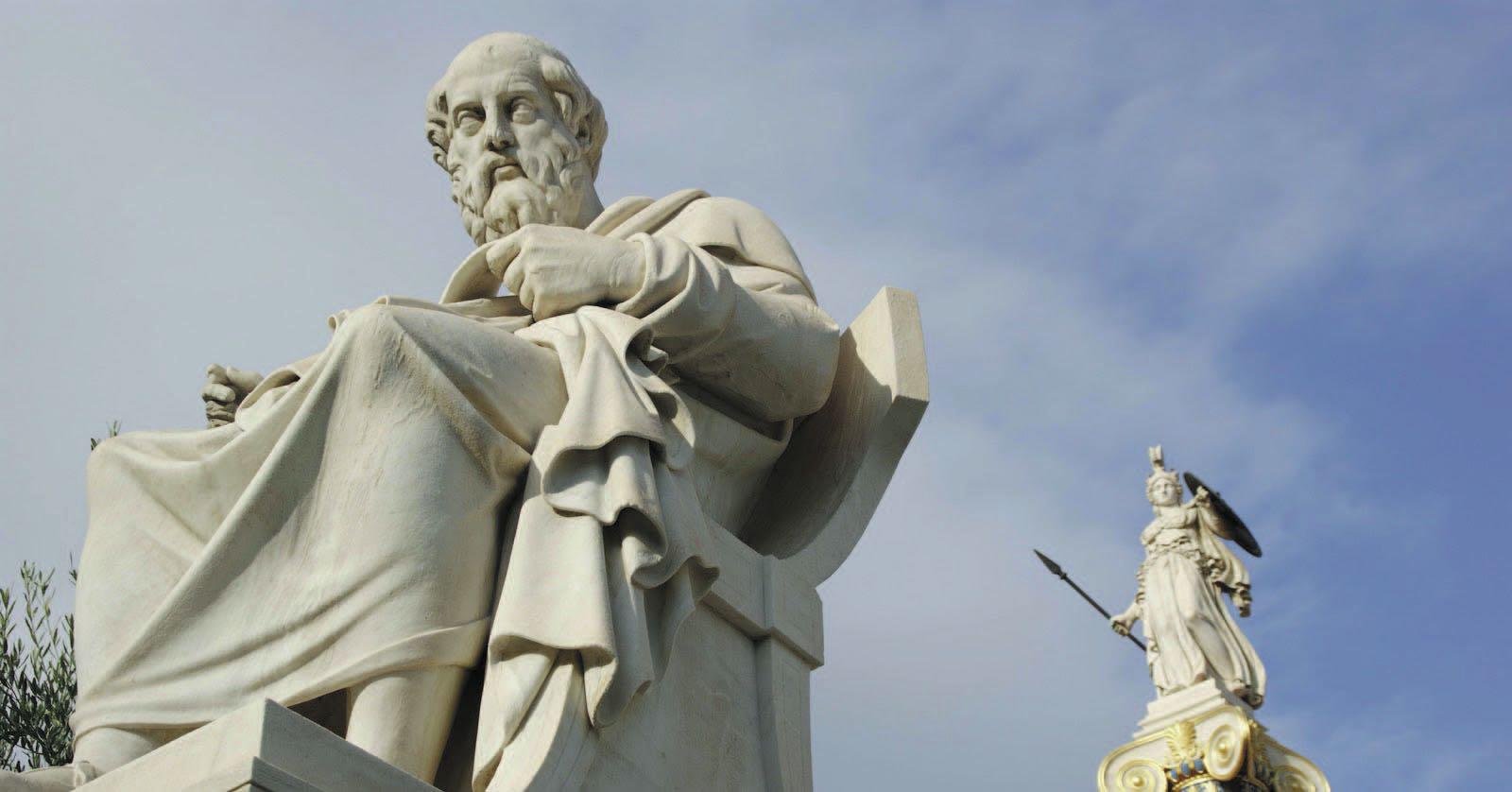
Take a second to sincerely ask yourself: has literature improved my life? There’s often an immediate pinprick reaction to defend our most beloved stories, as if our safety blanket is being snatched away from us. But letting go of nostalgia and its associated emotions will help us to think critically. Are all these drawn-out evenings staring at paper really worth it, and if so, how?
For the first seventeen years of my life I read only what school demanded of me, and felt sincerely that it would be more enjoyable to eat a book than to open one. Then, one day, a browned and dogeared copy of Ian McEwan’s Enduring Love (1997) caught my eye, in the same way that something you pass every day can inexplicably gain new life and you see it as if for the very first time. I read it cover to cover almost in one sitting, and it ignited in me a burning passion for literature that has never dimmed.
I’ve always considered this a personally pivotal moment, in which I crossed a bridge out of childhood, exchanging juice boxes for coffee, Velcro for laces, and Saturday cartoons for stock market speculation. But was it because of the book itself, or was it just the timing? Could it be that I had suddenly matured, or rather, that I found doing something typically adult novel (no pun intended)? Or was it because I simply enjoyed the sittinginside-on-a-rainy-day feeling, which just so happened to have involved a book? Regardless, I liked it, and parallel to this, I somehow matured from a child to a mostly functioning adult. My question is, then: did literature save me? Can it save us?
To be clear, I don’t mean, can literature save us from drowning? No, it can’t. Instead, I mean to ask: can literature save us in the sense of enlightening us?
This story is from the April / May 2024 edition of Philosophy Now.
Start your 7-day Magzter GOLD free trial to access thousands of curated premium stories, and 9,000+ magazines and newspapers.
Already a subscriber ? Sign In
This story is from the April / May 2024 edition of Philosophy Now.
Start your 7-day Magzter GOLD free trial to access thousands of curated premium stories, and 9,000+ magazines and newspapers.
Already a subscriber? Sign In

Metaphors & Creativity
Ignacio Gonzalez-Martinez has a flash of inspiration about the role metaphors play in creative thought.

Medieval Islam & the Nature of God
Musa Mumtaz meditates on two maverick medieval Muslim metaphysicians.

Robert Stern
talks with AmirAli Maleki about philosophy in general, and Kant and Hegel in particular.

Volney (1757-1820)
John P. Irish travels the path of a revolutionary mind.

IT'S A WONDERFUL LIFE
Becky Lee Meadows considers questions of guilt, innocence, and despair in this classic Christmas movie.

"I refute it thus"
Raymond Tallis kicks immaterialism into touch.

Cave Girl Principles
Larry Chan takes us back to the dawn of thought.

A God of Limited Power
Philip Goff grasps hold of the problem of evil and comes up with a novel solution.

A Critique of Pure Atheism
Andrew Likoudis questions the basis of some popular atheist arguments.

Exploring Atheism
Amrit Pathak gives us a run-down of the foundations of modern atheism.